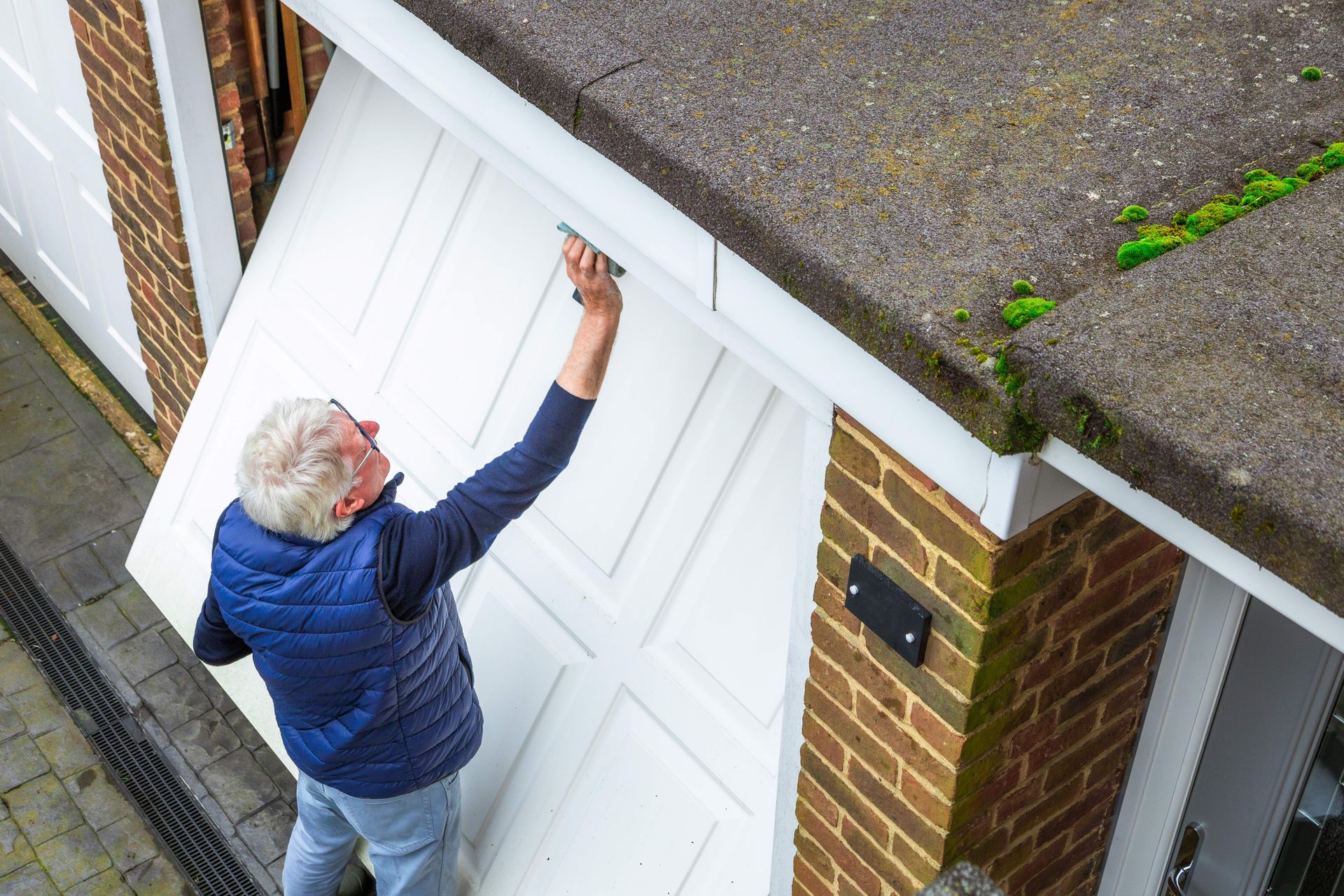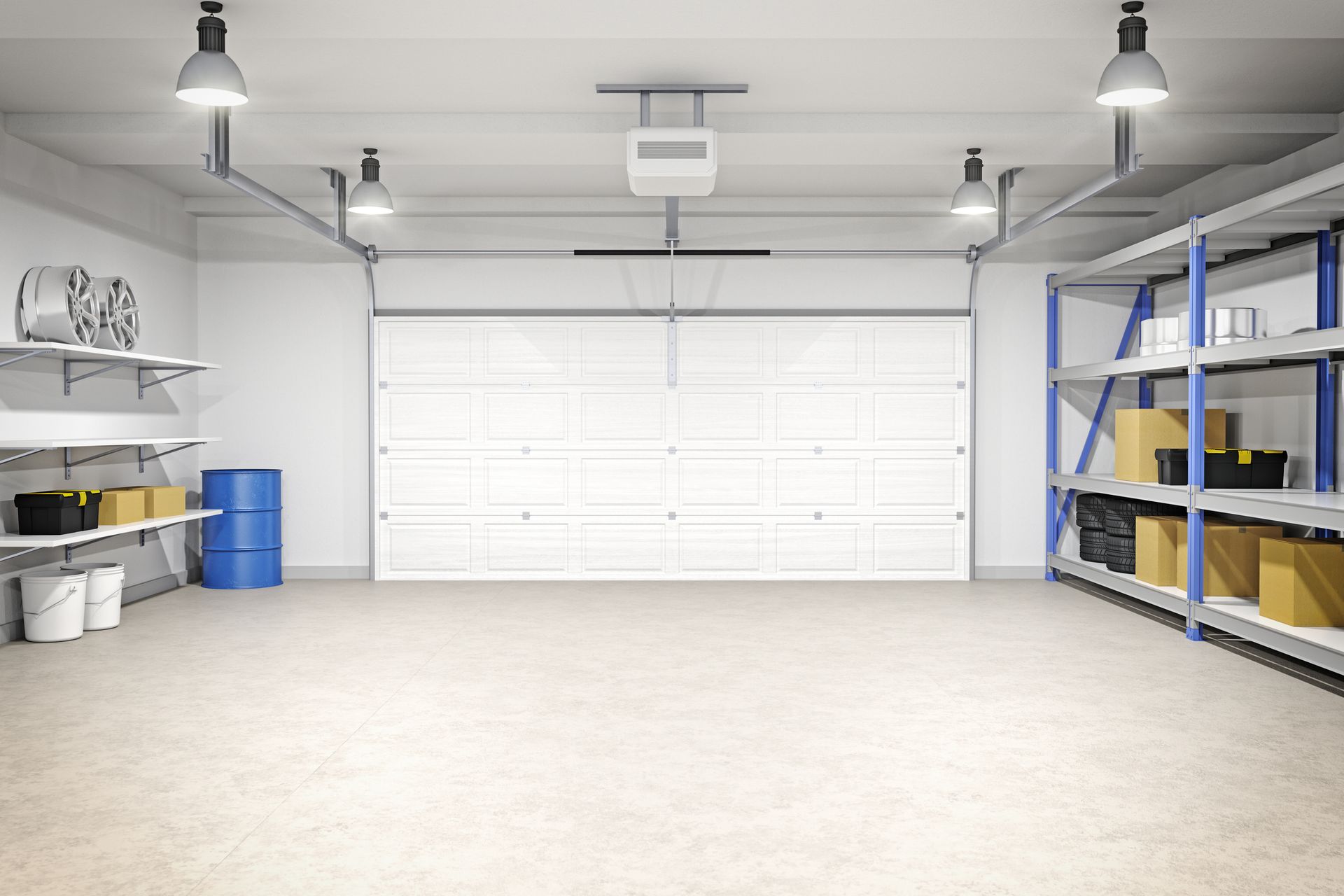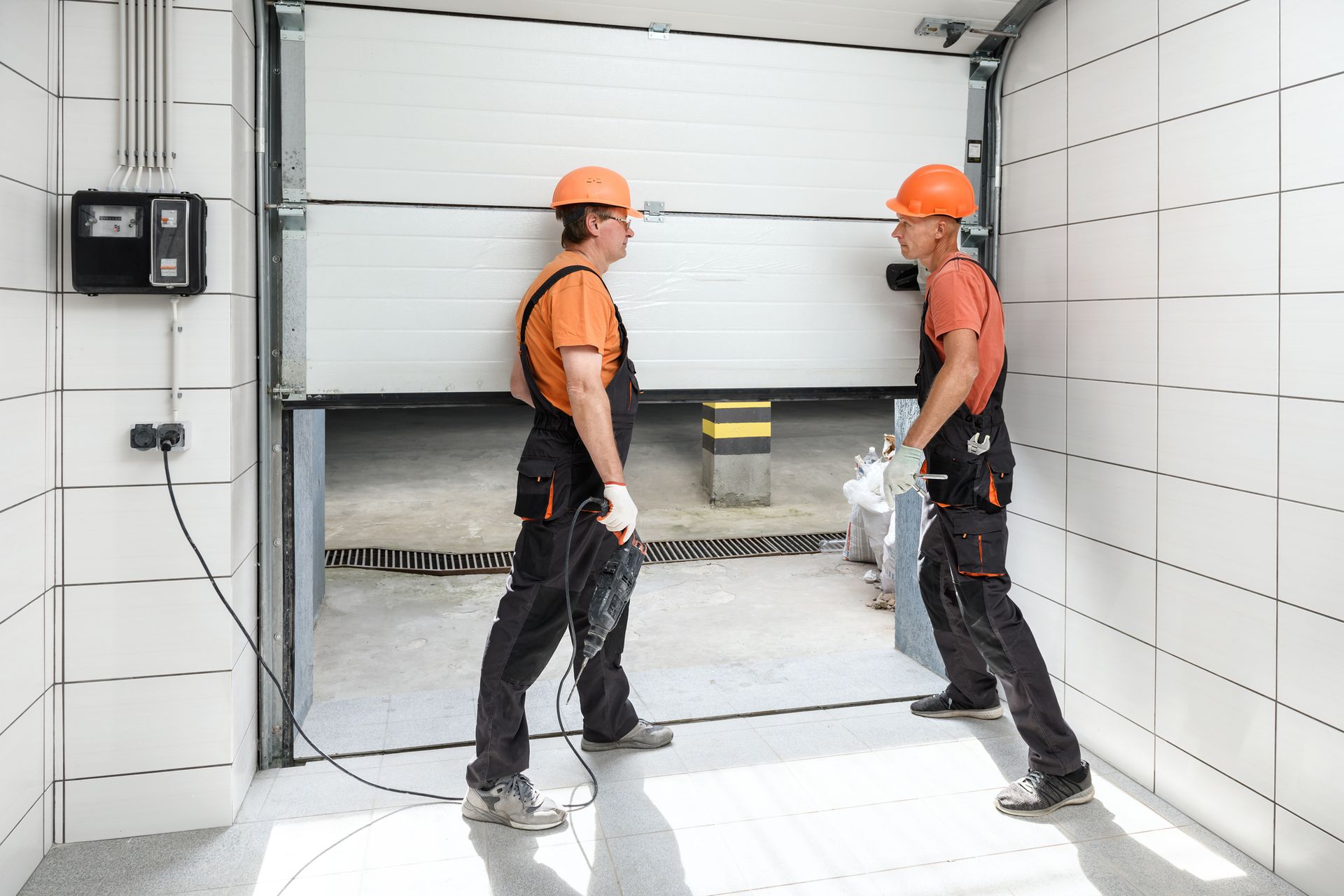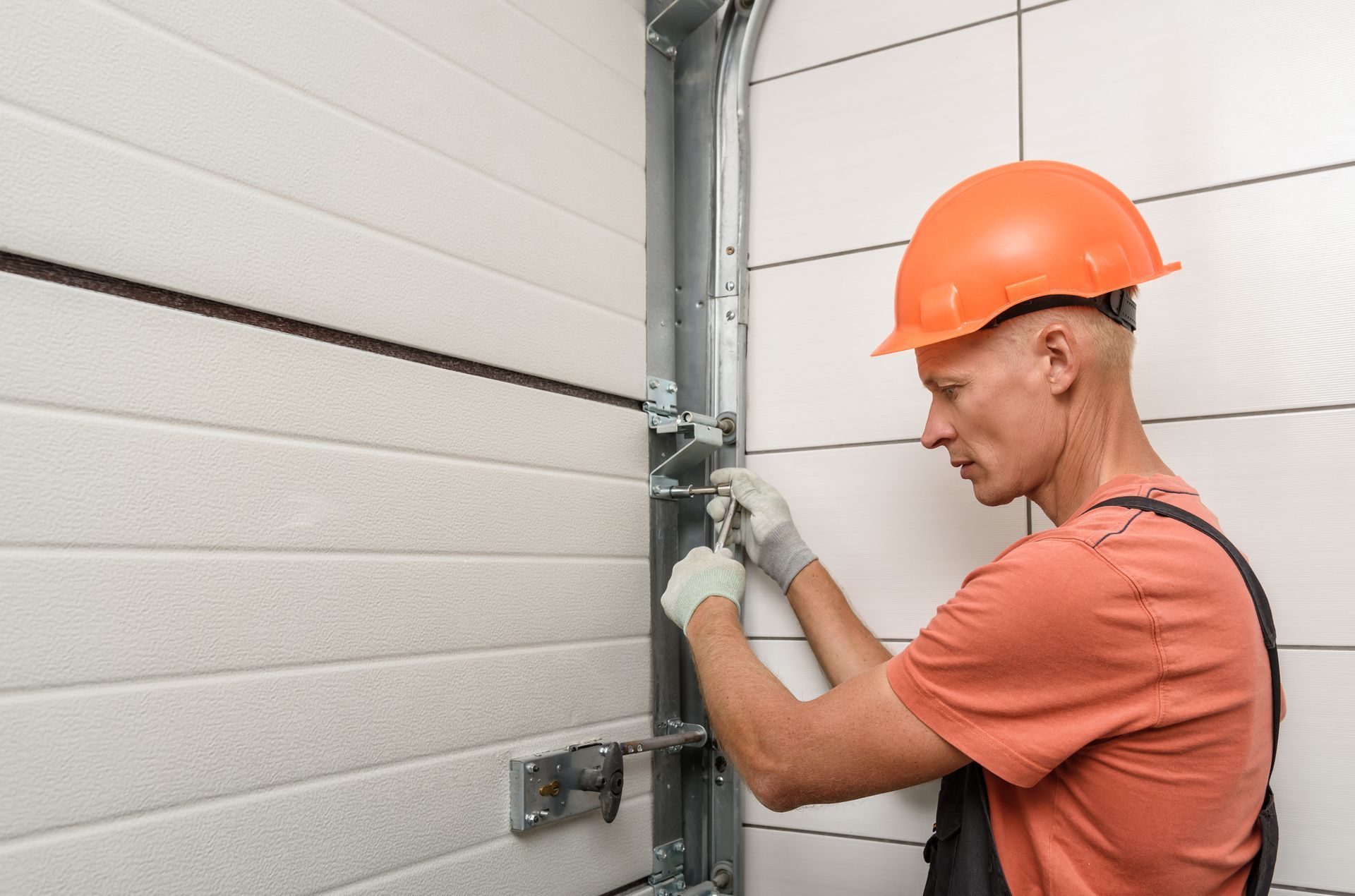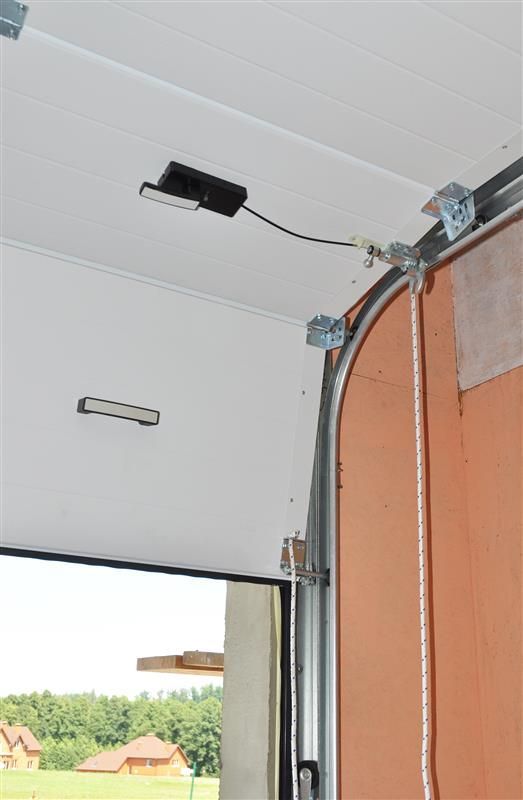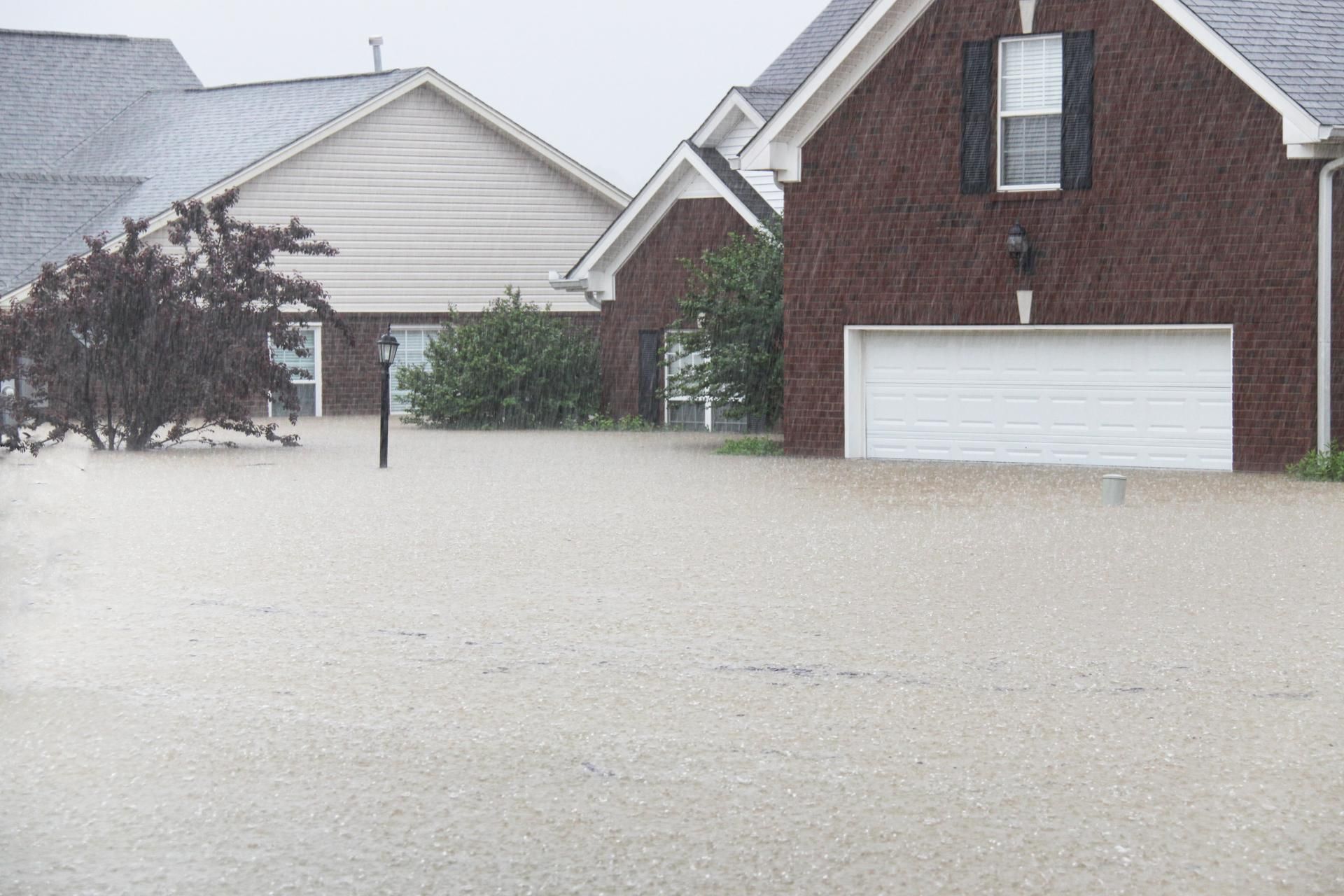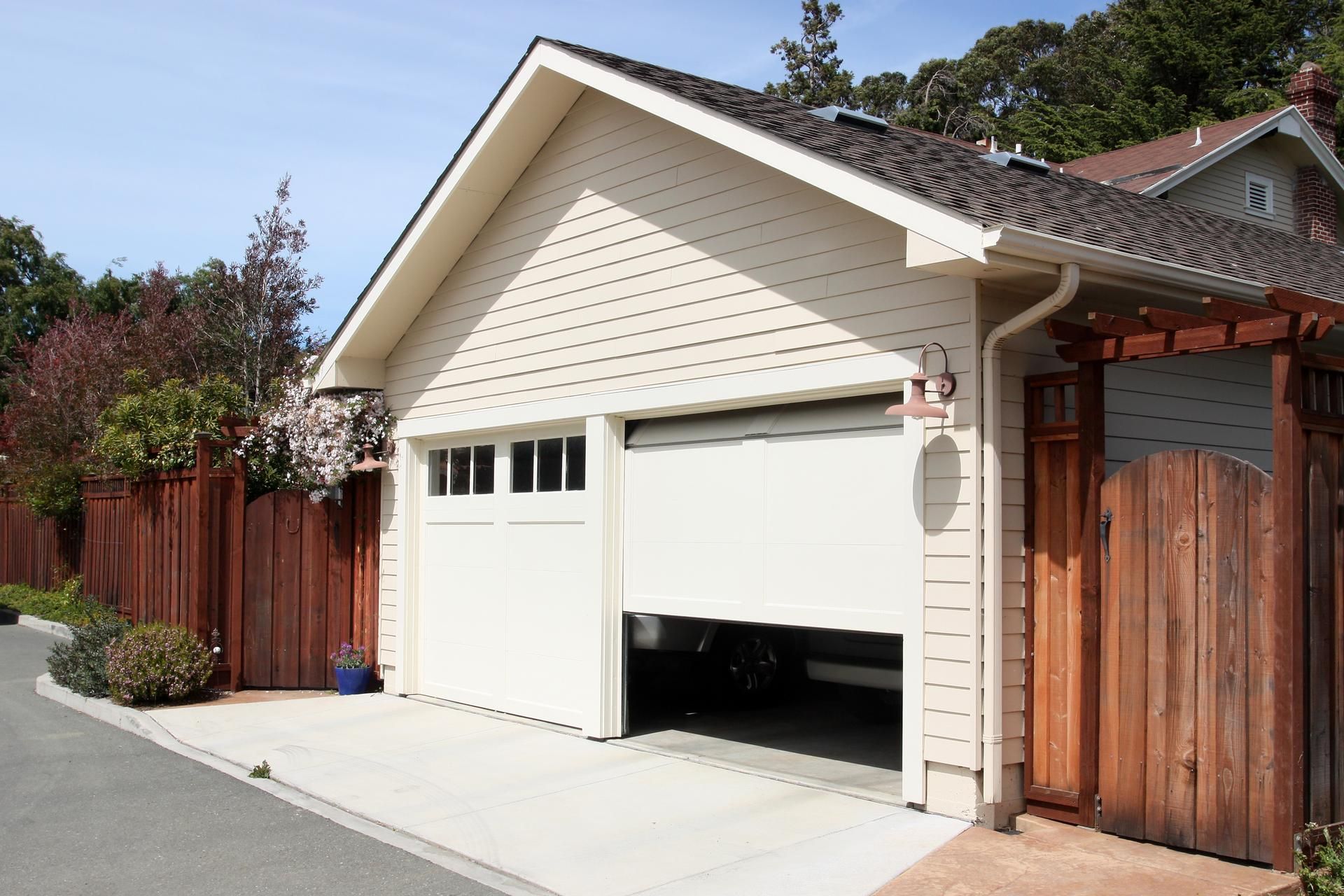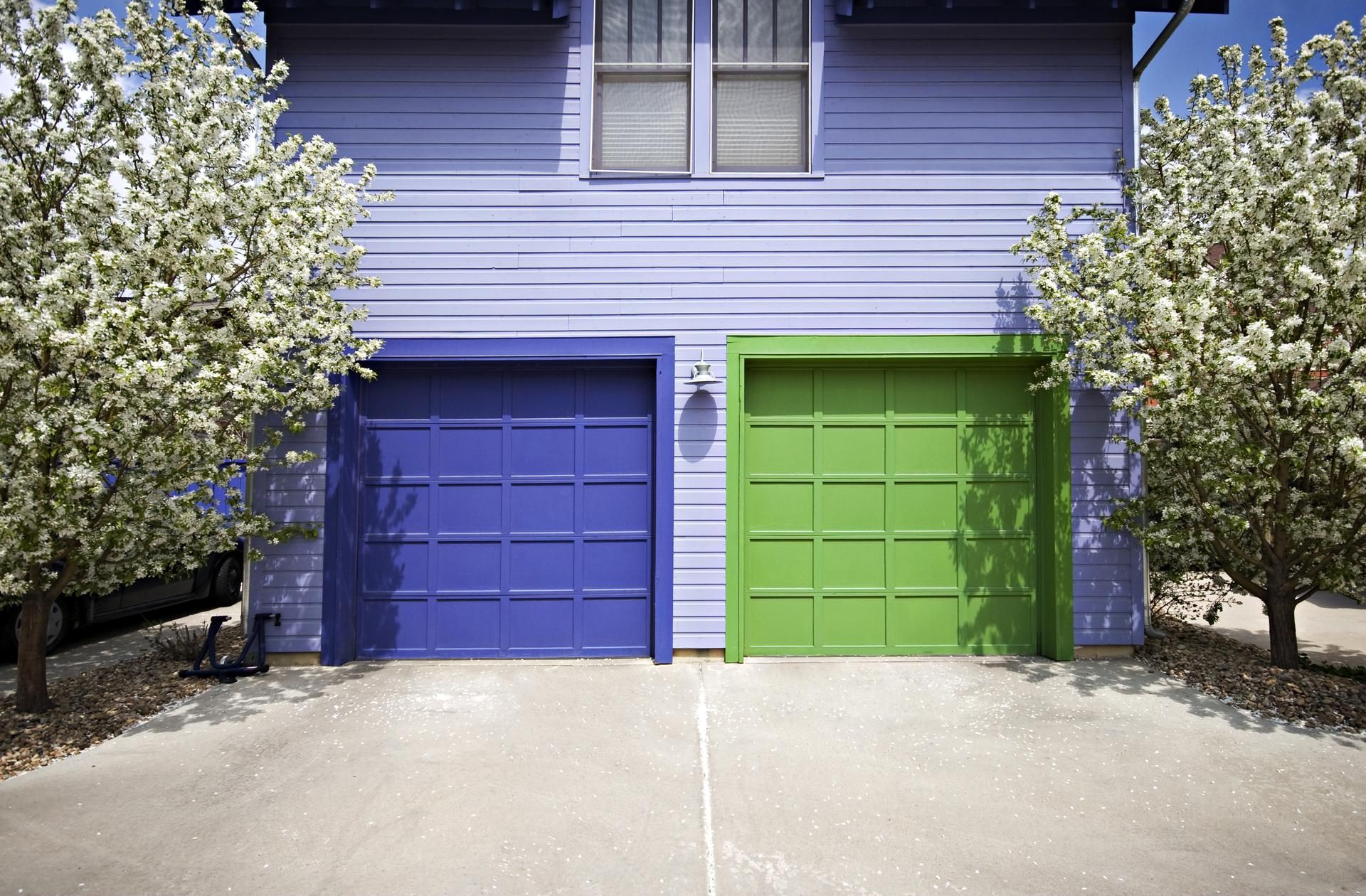4 Winter Signs That You Need a New Garage Door
1. A Chilly Garage
Garages are typically colder than the rest of a home, but you may notice that the chill just never seems to leave your garage in the winter. If this is the case, then your garage door may not offer enough insulation. A well-insulated garage door will help keep cold weather out of the garage.
Not only will improvements in the garage temperature help the garage itself, but could benefit the heat you use inside your home. The rooms connected to the garage need to disperse more heat for the lack of insulation from a garage door.
Garage door professionals will showcase their best insulation options so your garage is not so severely impacted by winter weather. The insulation will also help in the summer and keep extra heat and humidity out of the garage as well.
2. Seeping Moisture
Winter weather often includes a lot of rain, snow, or mixed precipitation. After a storm has passed, you may notice moisture or puddles on the inside of the garage door area. The intention of a garage door is to block out all of the moisture, but the seals on the bottom of a garage door could be worn or damaged.
When you replace a garage door, you will have a tight seal that can block out any water and keep your garage dry. If too much moisture gets into the garage, you may have to deal with concerns of mold and mildew build-up in the garage. You also do not want excess moisture to impact anything you store in a garage like boxes, tools, or sports equipment.
3. A Slow Opener
Cold weather can do a number on the gears, rollers, and springs in a garage door. Grease could harden and parts could become brittle due to cold days and nights. You may notice the garage opens slower than usual. Along with the slow speeds, listen to the garage door for any strange noises or loud squeaks. The noises are typically due to part malfunctions.
Sometimes a simple repair isn't enough and a complete door replacement is the best option. A garage door and opener replacement will speed up the opening and shutting process. A properly working garage door will help you save time and reduce the amount of cold air let into the garage when the door shuts faster.
A garage door inspection can help break down costs and options for you. A professional can detail the repair costs, possible future repairs, and compare them to garage door replacement prices. With the price comparison, you can see your best options and consider how add-ons like extended warranty coverage will reduce any repair costs in the future.
4. Sensor Issues
Along with the gears and opener, another problem the cold weather could impact is your garage door sensor. If excess moisture gets into your garage, you may have to deal with sensor damage issues. Moisture and dirt can create mud that blocks the sensor. Cold weather could impact the performance of the sensor and the way your garage door operates.
Sensors could be replaced, but the issues they cause could lead to garage door damage and the need for a full replacement. Newer sensors have more accurate technology and can better withstand the elements. When you order a new garage door, a sensor is typically a part of the package and will improve the way you enter and exit your garage each day.
For more information on garage door replacements, contact us at Edgemont Garage Door Service. A new garage door will come with many benefits to help you get through the winter months and avoid any hassles associated with damaged or malfunctioning garage doors.



